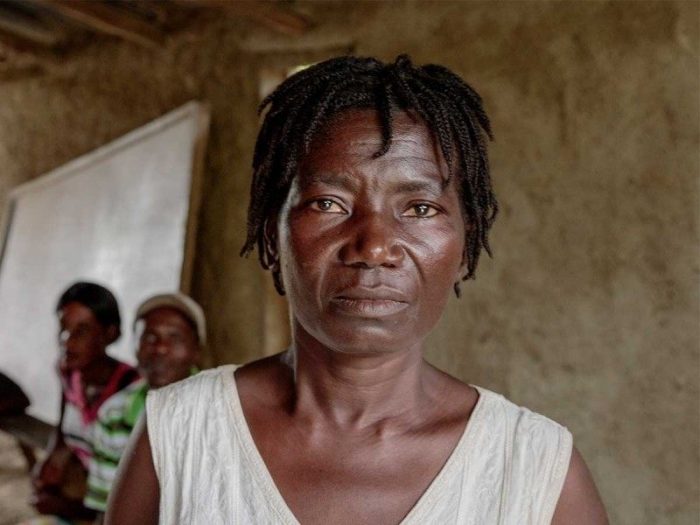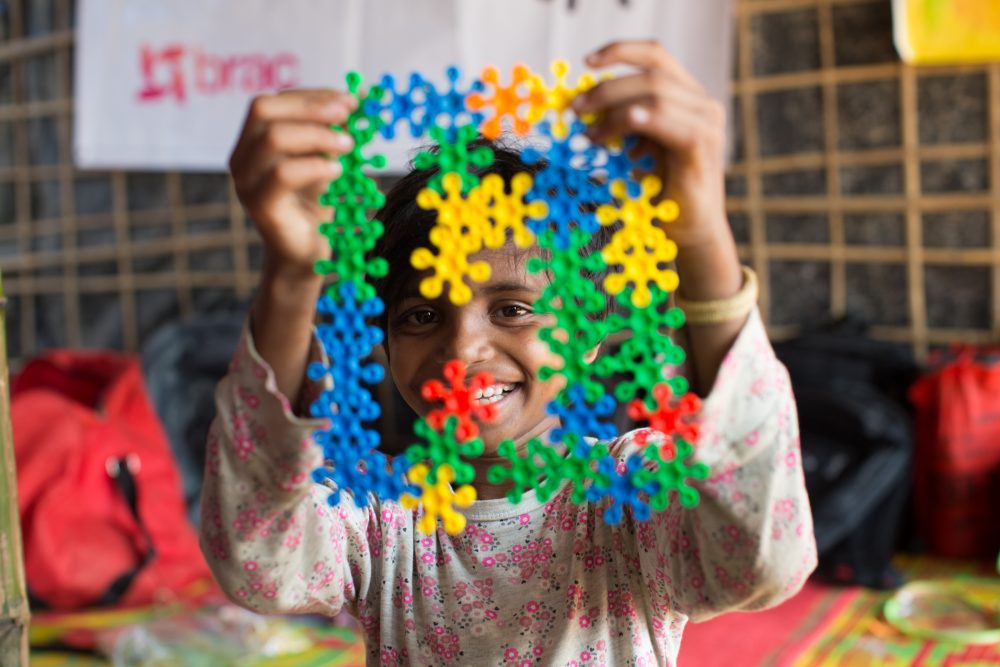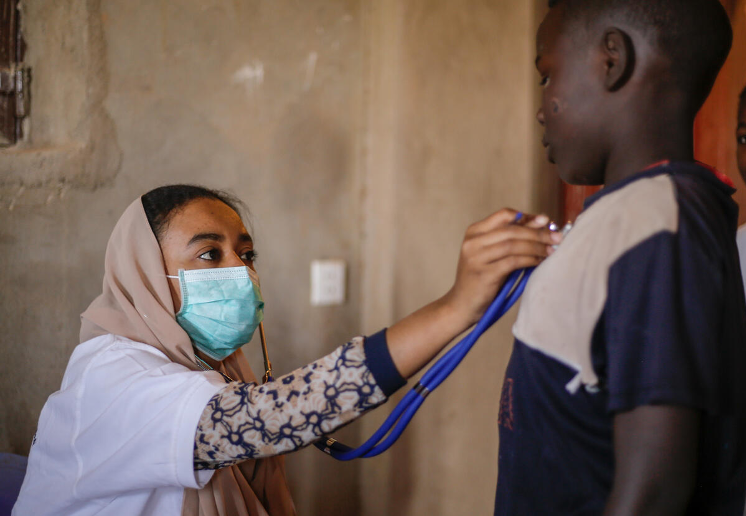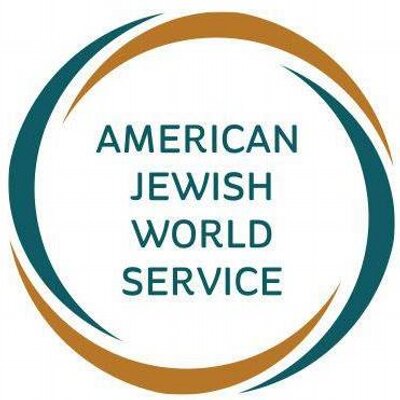Six Ways Grantmakers Can Empower Haitian Recovery
“Haitians are eager to do things differently this time: to control their own recovery, to empower each other, and to rebuild better and stronger.” Recently, the New York Times recognized the American Jewish World Service (AJWS) for its leadership in Haiti and published a letter to the editor from our in-country consultant in Haiti pleading […]

“Haitians are eager to do things differently this time: to control their own recovery, to empower each other, and to rebuild better and stronger.”

Recently, the New York Times recognized the American Jewish World Service (AJWS) for its leadership in Haiti and published a letter to the editor from our in-country consultant in Haiti pleading that “we must democratize aid [and] guarantee accountability by empowering local communities.”
AJWS has been supporting Haitian organizations to tackle human rights challenges in the country for nearly two decades. Six years ago, when the earthquake devastated many parts of Haiti, AJWS worked with core partners to engage in rights-based, community-led disaster response and recovery. Today, we are taking the same approach to enable Haiti to recover from the destruction of Hurricane Matthew.
Long-term flexible support to local organizations is at the core of our disaster response strategy globally, rather than imposing our solutions or just dropping supplies. AJWS supports true partnerships in which we provide financial and technical assistance to local and national organizations representing historically marginalized groups. We try and ensure that these groups have what they need to direct their own recovery.
Unfortunately, not all international aid organizations take this approach. It is widely acknowledged that the international humanitarian aid mechanism failed in the aftermath of the Haiti earthquake. Many people displaced by the earthquake are still living in makeshift or temporary shelters and accountability for the funds is non-existent.
Haitians are eager to do things differently this time: to control their own recovery, to empower each other, and to rebuild better and stronger. The trauma Haitians are experiencing after Hurricane Matthew is real, and the anger people feel towards their non-responsive government is growing. It is on human rights organizations supporting Haiti to listen to their cues and bolster their initiatives.
Here are six ways grantmakers can provide better disaster philanthropy in Haiti and globally:
- Give to local organizations. In the context of Haiti, people no longer trust international aid groups and the government is not equipped to conduct disaster response. Local groups have networks in place to be effective and trusted first responders after a disaster.
- Provide flexible and quick support. Organizations must eliminate internal burdens that prevent quick grantmaking and payments. Our disaster response grants can be made within 24-72 hours.
- Do not burden partners with difficult reporting requirements. Do not make it a requirement for partners to complete your narrative reporting forms after receiving a disaster grant. We accept general narrative reports to enable partners to reuse reports for multiple donors.
- Fund cash-transfer programs. Cash-transfer activities are one of the few funding mechanisms that respect people’s agency in making their own decisions about their recovery after a crisis. In turn, donor’s trust in local groups to coordinate cash-transfer recipients and follow-up shows that we truly believe in locally-led response and development.
- Understand the social, political and economic context before conducting disaster grantmaking. Knowing who the marginalized populations are and the unique challenges they face before the disaster is critical, especially if you intend to do rights-based grantmaking. The needs and priorities of LGBTI people, ethnic minorities, and rural and urban communities are vastly different.
- Take the long view. It is not enough to just consider the immediate needs of impacted populations. Grantmakers must also consider how the disaster will impact the country in the long-term. For example, in addition to destroying houses, the wind and floods have also destroyed many people’s identity documentation. Because Haiti is scheduled to hold elections as early as November, without documents thousands of people—especially those from the very poor areas that were hit—won’t be able to vote. As a result, we are considering future grants which will support the documentation of lost identity papers and an advocacy campaign for a modernized civil registry so that identity documents no longer create a barrier to participating in the political process.
AJWS’s disaster response team cannot stress enough the power and effectiveness of Haitian organizations to lead their own response and recovery. If we learned anything after the earthquake, it is that Haitian organizations should be driving recovery efforts and outside organizations should be supporting them as flexibly as possible to continue that work.
More like this

Supporting Global Communities After the Headlines Fade: Understanding the Need for Long-Term Disaster Funding

